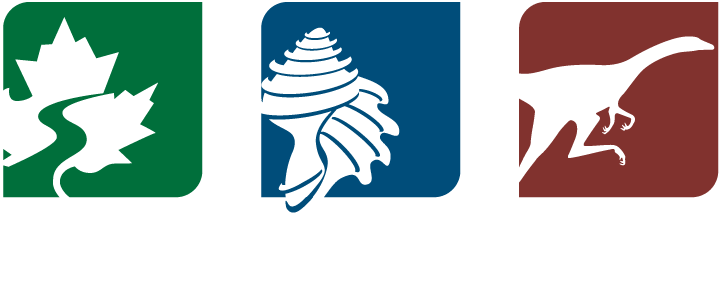Using instruments at the Museum of the Earth and the Cayuga Nature Center, we measure a variety of environmental parameters.

Weather station data
Weather stations at the Museum of the Earth and the Cayuga Nature Center collect temperature, precipitation, wind, barometric pressure, humidity data, and other data. You can access the data through Weather Underground and the Cornell NEWA site.
Museum of the Earth: Personal Weather Station KNYITHAC42
Cayuga Nature Center near entrance: Personal Weather Station KNYITHAC15
Cayuga Nature Center in meadow: Cornell NEWA (search for "Ithaca (CU GeoData), NY")

Soil temperature profiles
We collect soil temperature data at three different depths at two locations at the Cayuga Nature Center, one in the forest and one in a meadow.
For access to data, contact Ingrid Zabel at zabel@priweb.org.

Carbon dioxide and air quality data
We collect carbon dioxide and air particulate data using an Air Quality Egg sensor located outdoors at the Cayuga Nature Center. The data show daily fluctuations from photosynthesis and respiration in the forest. We have also detected wildfire smoke from the U.S. west coast and from Canada.
For access to data, contact Ingrid Zabel at zabel@priweb.org.

Tree phenology data
We record observations of seasonal changes for five native trees at the Cayuga Nature Center, such as when buds break in the spring, when flowers bloom, and when leaves turn color in the fall. We send these observations to the U.S.A. National Phenology Network’s database, to be used by researchers and others.
Visitors can be citizen scientists and make observations that we will submit. Learn about this in the Leopold Climate Room at the Nature Center.

Stream data from the Community Science Institute
The Community Science Institute (CSI) and their volunteers monitor water quality in streams, lakes, and private wells in New York State. You can find data from the Cayuga Nature Center in CSI’s Water Quality Database.



